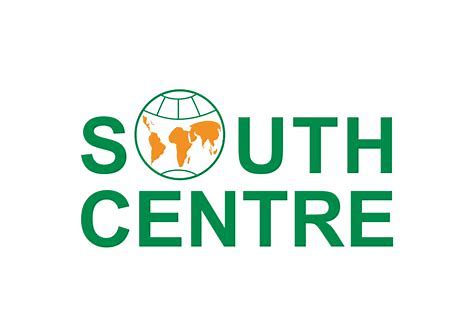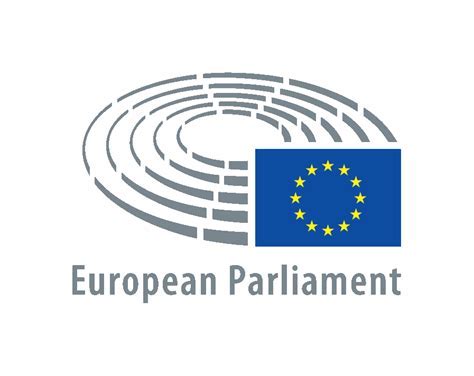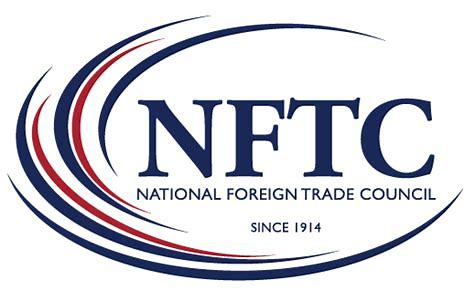Fresh Ideas Emerge for New EU Budget Levies

The Implications of Treaty Restrictions of Taxing Rights on Services, Especially for Developing Countries
Taxation of cross-border services has been identified as a high priority issue in the UN negotiations to establish a new global framework for tax. This paper analyses the defects of international tax rules as applied to services, and their exploitation by multinational enterprises, focusing on the impact on developing countries. It analyses the restrictions on source taxation of services in tax treaties, particularly those based on the model of the OECD, and shows that their spread has been accompanied by a widening deficit in services trade of developing countries, while the weakening of their attempts to protect their tax base through withholding taxes has resulted in increasing losses of tax revenue. The analysis suggests that a new approach is needed for taxation of services, breaking with the residence-source dichotomy, and adopting formulary apportionment. This could be based on the standards agreed in the Two Pillar Solution of the OECD/G20 project on base erosion and profit shifting and developed now through the UN.

10 Years of Banking Union’s Case-Law: How Did European Courts Shape Supervision and Resolution Practice in the Banking Union?
This study contends that case law involving the EU banking union indicates that the EU has legal grounds to levy a contribution on companies in exchange for services.

Tax Policy Reforms 2024: OECD and Selected Partner Economies
This is the ninth edition of Tax Policy Reforms: OECD and Selected Partner Economies, an annual publication that provides comparative information on tax reforms across countries and tracks tax policy developments over time. The report covers the tax policy reforms introduced or announced in 2023 in 90 member jurisdictions of the OECD/G20 Inclusive Framework on Base Erosion and Profit Shifting, including all OECD countries. The publication provides an overview of the macroeconomic environment and tax revenue context in which these tax reforms were made, highlighting how governments used tax policy to respond to elevated inflation levels, as well as to address long-run structural challenges.

Digital Economy & Taxation: Challenges and Opportunities In Nigeria
This article highlights Nigeria's potential to diversify its economy and drive innovation through its expanding youth population and digital ecosystem. To capitalize on these opportunities, the country needs to implement a swift and adaptive taxation strategy. Addressing the challenges of taxing the digital economy, Nigeria is exploring innovative solutions, including revising international tax rules and adopting digital-first policies. This proactive approach positions the nation to shape its economic future in the digital era.

Comment Letter on the June 2024 Administrative Guidance
This letter provides comments on the Tax Challenges Arising from the Digitalisation of the Economy – Administrative Guidance on the Global AntiBase Erosion Model Rules (Pillar Two), published on 17 June 2024 and the additional interpretative CbCR guidance released on 27 May 2024. The NFTC requests that the OECD solidify safe harbors, ensure consistent application of the rules, clarify the implementing mechanism, and develop a dispute resolution mechanism.

Corporate Inversions and the Global Ultimate Owner: Challenges in International Business Research
This study examines corporate inversions, where multinational enterprises relocate their global ultimate owner (GUO) to another jurisdiction, complicating the identification of MNEs' country of origin and foreign subsidiaries. Using data from over 52,000 MNEs across 30 nations, the study hypothesizes that emerging market MNEs (EMNEs) and larger MNEs with extensive foreign networks are more likely to invert. The findings confirm this, highlighting differences between inverted and non-inverted MNEs, which can lead to sampling biases in research. The study suggests methodological adjustments to improve the accuracy of cross-country MNE analyses.

How Kamala Harris's Tax Hike Could Affect Business Growth
This article analyzes the potential negative effects of raising corporate tax rates, focusing on Kamala Harris's proposal to increase the U.S. corporate tax rate from 21% to 28%. It draws on examples from the Trump administration's tax cuts and international case studies from Ireland, Germany, and the UK. The article highlights the risks to business investment, job creation, and economic growth, noting that while higher taxes can increase public revenue, they may also discourage investment, reduce competitiveness, and hinder long-term growth. The analysis underscores the need for policymakers to balance revenue generation with maintaining a healthy business environment.

Country-by-Country Reporting – Compilation of 2024 Peer Review Reports
The peer review of the Action 13 Minimum Standard covers the three key areas under review: the domestic legal and administrative framework, the exchange of information framework, and the confidentiality and appropriate use of Country-by-Country (CbC) reports. This seventh annual peer review report reflects the outcome of the seventh review which considered all aspects of implementation. It contains the review of 138 jurisdictions which provided legislation or information pertaining to the implementation of CbC Reporting.

The EU's Uncoordinated Approach to Tax Avoidance and Tax Abuse in Relation to 'Uncooperative' Tax Jurisdictions
This article examines the European Union's (EU) external tax policies regarding 'uncooperative' tax jurisdictions, focusing on the role of the Court of Justice of the European Union (CJEU) case law, domestic tax laws of Member States, and the EU's blacklist of non-cooperative jurisdictions. By contextualizing the EU blacklist with relevant CJEU case law on anti-avoidance and anti-abuse provisions, the article highlights three key conclusions: the blacklist's soft law nature allows Member States to exploit anti-avoidance provisions; its failure to meet objectives is due to EU political dynamics; and it addresses symptoms rather than fundamental flaws in the international tax system.

Reimagining Tax Treaty Dispute Resolution; beyond MAP and Arbitration
This article addresses disputes between contracting states over the interpretation of terms in bilateral tax treaties, which can lead to conflicts over sovereignty and decision-making authority. Dr. Dhruv Janssen-Sanghavi reviews existing dispute resolution mechanisms and proposes a new approach that incorporates a greater role for the judiciary in resolving these conflicts.


































